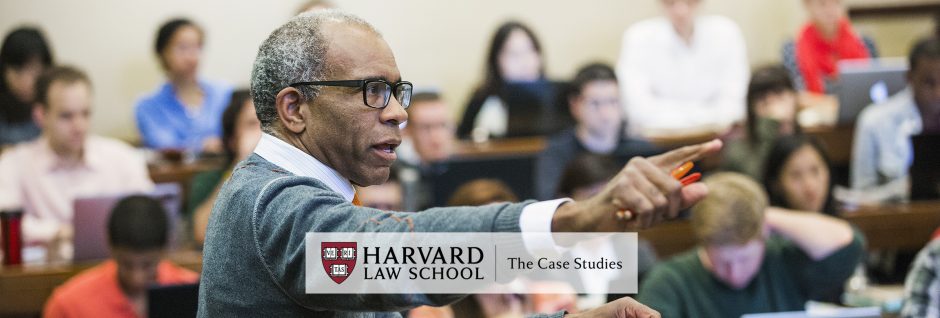Looking to teach decision making, leadership, copyright, or problem solving this fall? We just released three new teaching notes, free for educators, for-profit trainers, and staff at non-profit or educational institutions:
Reputation, Credibility, and the Goldstone Report (A) and (B), a discussion-based case study from Professor Philip Heymann, teaches students how to lead and discern truth during controversy. The protagonist, Jewish South African jurist Richard Goldstone, was tasked with investigating human rights violations of the Palestinian-Israeli conflict, to the scrutiny of the international community. The teaching note outlines four “discussion pastures”: the boundaries between law and politics in international conflict, the intentions behind intervention, Goldstone’s fact-finding process and judgment, and the ways a leader navigates stakeholder groups and competing objectives. Ultimately, participants consider: can fact-finding ever be objective?
Goldstone Teacher’s Manual:
Cyrus Vance and Dominique Strauss-Kahn: Dilemmas in a High-Profile Prosecution (A), (B), and (C), a discussion-based case study also by Professor Heymann, chronicles the prosecutor’s challenges during the sexual assault allegations against Strauss-Kahn, Managing Director of the International Monetary Fund. The teaching note explores discretion and the politics of prosecution, the repercussions of prosecutorial decisions, and the method of gathering evidence and hypotheses. Can prosecutions be unbiased? Should they be? And how should prosecutors judge themselves ethically? The discussion questions posed in the teacher’s manual not only allow participants to consider and articulate their own ethical standards, but also walk through procedural strategies for building a strong case.
DSK Teacher’s Manual:
 Ching Pow: Far East Yardies!! is an advanced problem solving workshop case study from Professor Charles Nesson. The case itself is about a filmmaker’s international quest to legally use an orphan work, but the teaching note outlines activities for a two-day or four-day workshop exploring the possibilities around a public realm registry of orphan digital works, with the Creative Commons framework as a potential model. The teaching note provides discussion questions about derivative works, the protagonist’s options, stakeholders in the copyright regime, and the relationship between U.S. and international copyright law; research assignments about Creative Commons and international orphan works statutes; policy assignments proposing new models for copyright law; and an in-class activity to build consensus around the class’ different policy recommendations.
Ching Pow: Far East Yardies!! is an advanced problem solving workshop case study from Professor Charles Nesson. The case itself is about a filmmaker’s international quest to legally use an orphan work, but the teaching note outlines activities for a two-day or four-day workshop exploring the possibilities around a public realm registry of orphan digital works, with the Creative Commons framework as a potential model. The teaching note provides discussion questions about derivative works, the protagonist’s options, stakeholders in the copyright regime, and the relationship between U.S. and international copyright law; research assignments about Creative Commons and international orphan works statutes; policy assignments proposing new models for copyright law; and an in-class activity to build consensus around the class’ different policy recommendations.
Ching Pow Teacher’s Manual:


